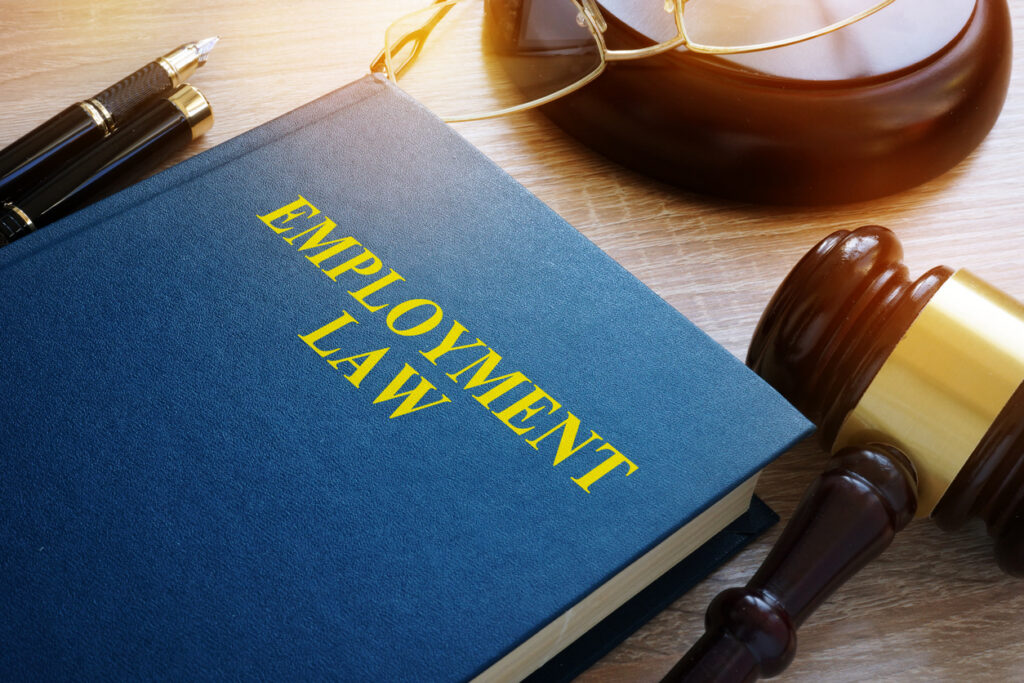Does Your Business Need an NDA and What Can You Do If Someone Breaks One?
Many companies overlook the importance of business law to everyday practices such as hiring, managing employees, and even supporting customers. The fact is contracts play a critical role in the overall management and success of most businesses. Your contracts should be based on plenty of legal knowledge and experiences, otherwise you might find that you leave your business open to risk.
One area where you might be at risk is in the confidentiality of business-critical data and other information. Strong Non-disclosure Agreements (NDA) or like provisions in your contracts can help shore up this area, but it’s important to know how to enforce these agreements and what you should do if someone breaches one.
What Is an NDA?
An NDA is drafted to be a legally binding agreement, or contract, requiring one or more parties hold specific data confidential.
A common example of an NDA use is in employment contracts. Many employers require that employees and independent contractors sign an NDA agreement. Typically, these agreements must identify the parties involved — in this case, the employee and employer — the data covered by the NDA, and the time period of enforceability.
For example, you might want an NDA that specifies that employees will keep trade secrets, proprietary formulas, and process information confidential. Some NDAs are perpetual — you never want past employees sharing proprietary formulas or trade secrets, for example. Others are bound by time. For instance, the agreement may indicate that employees will hold data confidential for a period of five years following the end of a contract or their tenure with your company.
NDAs are useful in other scenarios, too. You might want business partners and even clients to sign NDAs, depending on how involved they are in your processes and what they may learn in the course of their relationship with you. On the other hand, clients and business partners may also require that you sign an NDA for the same reasons.
Are NDAs Supported by Georgia Law?
Yes, NDAs are considered to be a legal contract. As such, they are enforceable.
That being said, the enforceability of your non-disclosure agreements is contingent upon the verbiage and quality of the document. Courts aren’t as likely to uphold NDAs that are unrealistic or unspecific, for example. You can’t simply use an NDA as a gag order to keep people from ever talking about their job or your business.
If You Cancel a Contract, Does It Cancel the NDA?
NDAs are often a secondary agreement signed when signing another contract, such as a contract for services or employment. However, canceling a contract doesn’t necessarily cancel out the NDA. There is often an expectation that the NDA will cover confidentiality even if the original agreement doesn’t pan out.
If you’re not sure whether your NDA is still in force after changes to a related contract, agreement, or relationship, consider reaching out to a business law attorney. They can review the situation and help you understand what parts of an agreement you may be required to uphold and where you might be at risk.
What Remedies Do You Have if Someone Breaches Your NDA?
Breach of a non-disclosure agreement is a civil matter. You would treat it as you would any other contract breach. That means you have the option to seek legal remedies as indicated in the agreement and may have the option to file a civil lawsuit if you suffered damages because of the breach.
For example, say an NDA specifically indicates that the breaching party will pay a $500 monetary fine. You may be able to force the other party to pay that fine if you can prove that they breached the NDA. You can also seek an injunction in court that would help prevent further breaches in the future.
If, however, the breach was serious and caused a financial hardship or loss for your business, you might consider filing a lawsuit. For instance, say someone leaked your proprietary formula for a product. Your competition can now make the same product, which impacts your sales. You might seek compensation for the loss of current and future sales.
What Consequences Might You Face if Your Business Breaches an NDA?
It’s important to note that if you are the party that breaches an NDA, you might be on the receiving end of fines, injunctions, or lawsuits.
This is true even if you personally didn’t breach the NDA. If you signed on behalf of your business, there is an expectation that your employees will also hold client or business partner information confidential. Ensure that you have proactive training and communication processes to help employees understand what information they should not share outside of the business or a defined need-to-know circle within it.
Work With Attorneys to Set Up Contracts That Protect Your Business
The language in your NDA — and any of your contracts — can hinder or support you when it’s time to enforce those agreements. By working with an experienced business law team to create and manage your contracts, you can minimize risks and ensure you have strong legal standing should you ever need it.
To find out more about our contract services and other business law solutions, call InPrime Legal today at 770-282-8967.



